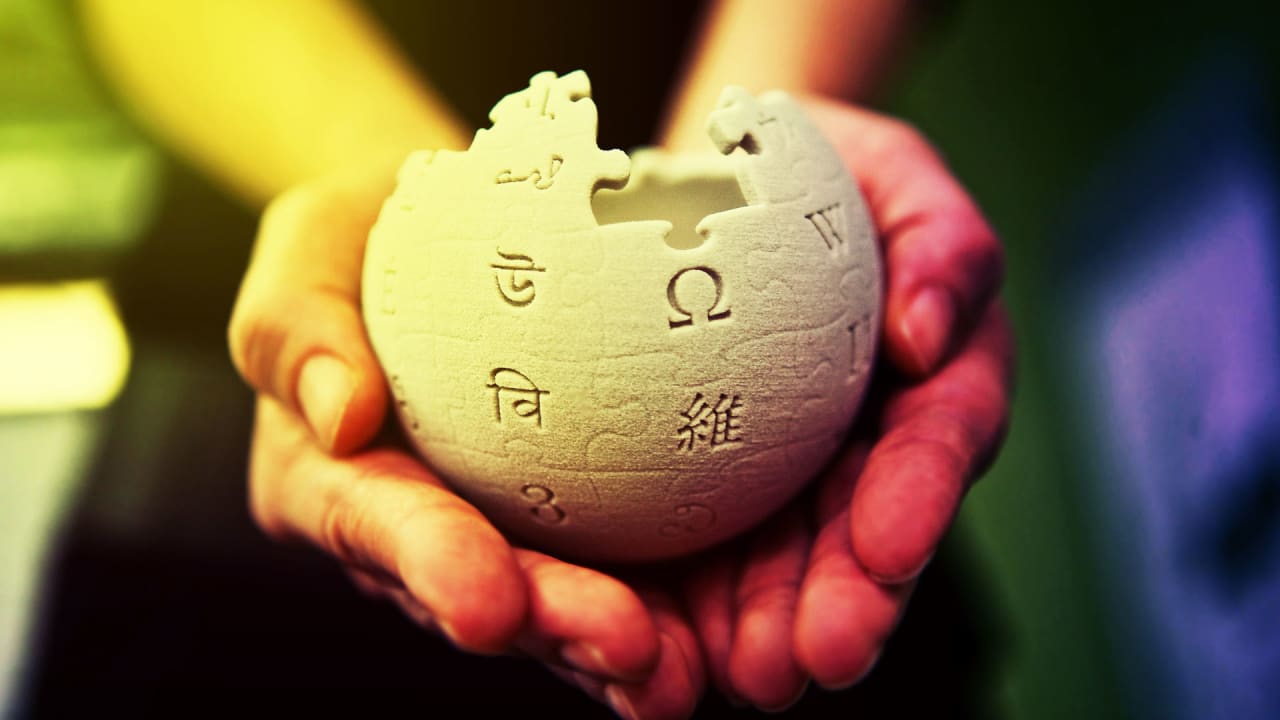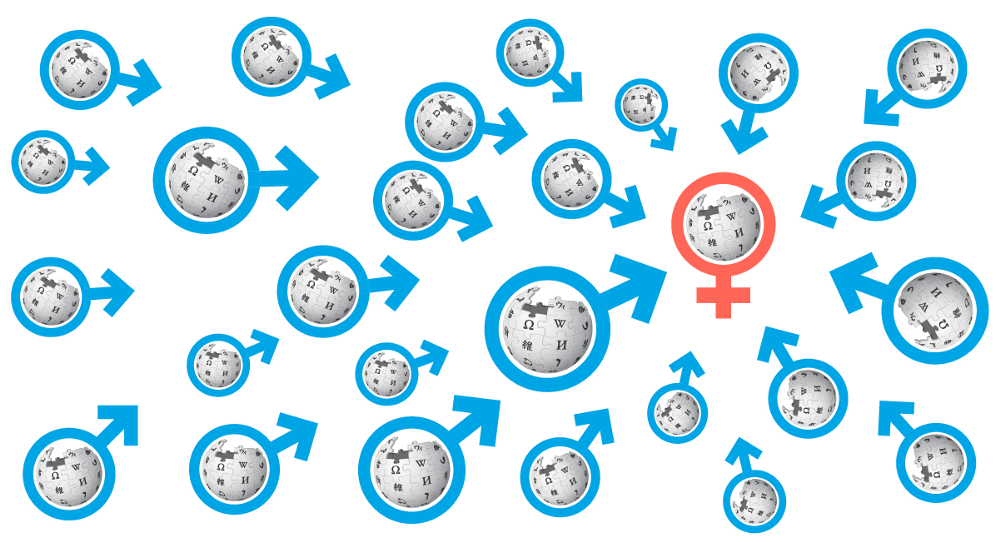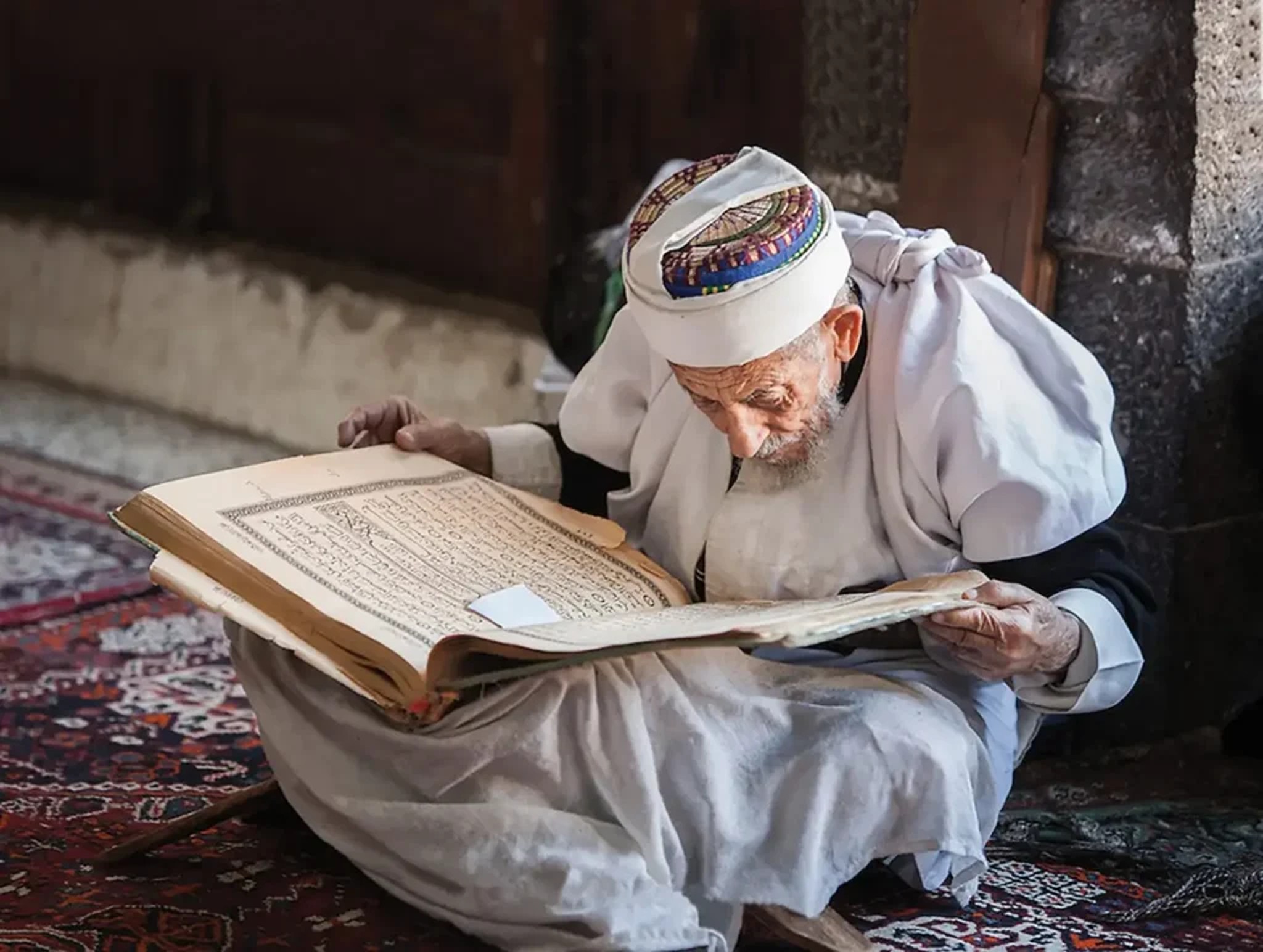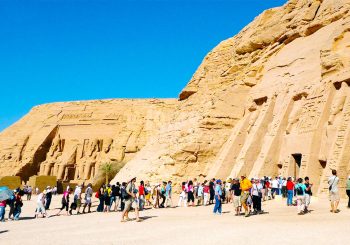
The internet would be unrecognizable without Wikipedia. Thanks to the digital, open-collaborative encyclopedia, which recently celebrated its 20th anniversary, we now have unprecedented access to the sum of human knowledge; everything our species has learned and experienced, written, digitized and catalogued in easily digestible records. And it is all a few screen taps away.
If only things were that simple. This absurdly easy access masks a far more complicated reality. After all, Wikipedia attempts the impossible feat of keeping a record of the vast, universal human experience; the countless singularities, distinctions and paradigms it encompasses, and the great forces and events that have shaped people’s lives since the beginning of time.
The online encyclopedia, which is maintained by a community of contributors and volunteer editors, writers and researchers from across the world, has over 300 editions and is available in virtually all languages and dialects. This makes Wikipedia a fairly diverse platform, but as with all things created in the image of men, women are far from equally represented.
In Egypt, the MENA region and the Arabic-speaking world at large, a group of volunteers and contributors have been working tirelessly, creating over 1,000,000 articles for the Arabic edition of Wikipedia since its launch in 2003.
“On Wikipedia, content [written by and about] men is four times that of women and nine out of 10 editors are men, so there is a very big gap,” Amira*, a volunteer editor with over 600 entries on Arabic Wikipedia tells Egyptian Streets.
The Wikipedia gender gap has long been a challenge, not to mention a PR nightmare for the Wikimedia Foundation, the organization that hosts and publishes the encyclopedia. With the foundation exercising little editorial control over the digital encyclopedia, Wikipedia’s content, policies, triumphs and shortcomings all reflect the community of contributors and volunteers who maintain its different editions.
These gaps may reflect outright sexism and misogyny or more insidious forms of discrimination, such as unconscious gender bias, but according to one of Wikimedia’s own, gender inequality is rife on the whole World Wide Web, not just Wikipedia.
“Content gaps exist all over the internet and Wikipedia especially. Women’s [representation] is low on the internet in general. On Wikipedia, [woman-authored] articles are less than 20 percent,” Ahmed*, a Cairo-based Wikimedia Foundation coordinator, explains.
In an effort to address its gender gap, the Wikipedia community has launched countless initiatives and projects to encourage women’s participation, such as competitions and edit-a-thons focused on women editors and subjects, as well as women’s issues and women-focused themes.
“The point is to close the gender gap and increase feminist content on Wikipedia. For us, it is also about increasing Arabic content, so we started to work, and many initiatives have been launched since mid 2014,” Amira explains.
Despite being ongoing for the past five years, this concerted effort to increase women’s representation on the platform culminated in 2019, with the first edition of WikiGap, a joint project with the Swedish government. This year’s global edition of WikiGap, which started on the 8th of March, in honor of International Women’s Day, and runs until the 8th of April, is focused on developing content about women human rights activists.
The Arabic edition, which only ran until the 14th of March, saw 570 articles created for the WikiGap Egypt edit-a-thon, compared to 127 last year. This visibility encourages more women to participate, according to Nadine*, an Egyptian medical student and Wikipedia editor.
“When it is women writing about women, it is not just about unbiased views, it also attracts more women to edit and write. When the person in charge of the initiative is a woman, women will be more incentivized to participate,” she remarks.
With this effort to create more women-focused content, the Wikipedia community is not only hoping to broaden the scope of its content, but also to attract more women editors to render a more accurate representation of women’s history.
“A woman writer will better understand the experiences of the women she is writing about,” Ahmed adds.
Despite this marked increase in women’s representation and the growing awareness of the importance of women’s visibility, other content biases, prejudices and gaps emerge on the platform’s many editions.
“There are also gaps when it comes to demographic distribution; content by contributors from North America and Western Europe is much greater than from Africa, Asia and South America. These are all types of gaps. I can tell you that we have a long way to go in order to achieve balanced content on the internet and there are massive efforts being exerted in order to change that,” Ahmed says.
For the digital encyclopedia’s Arabic edition, WikiGap had to undergo a few alterations. In Egypt and the MENA region, where gender inequality and other political, social and cultural issues extend to every aspect of public and private life, the local edition of the competition, announced by the Swedish Embassy in Egypt, called on potential participants to write about women in any field of their choice, perhaps conveniently steering clear of contentious social justice and political issues.
This transvaluation when moving between languages, cultures and worlds is nothing new. As with many multilingual content platforms and publications, events are retold from differing and, at times, conflicting perspectives. This explains why Hebrew Wikipedia refers to Israel’s occupation of the West Bank as the Jewish state’s “rule” of “Judea and Samaria.”
Similarly, Arabic Wikipedia has also taken on Arab and Muslim cultural perceptions about gender and sexuality, drawing criticism for its queerphobic editorial policy after deleting an article about late Egyptian human rights activist and gay icon Sarah Hegazi, citing “lack of notability,” despite there being Wikipedia entries about her in eight other languages, as well as an Arabic article on Egyptian Wikipedia.
These erasures can be chalked up to oversight, unconscious bias, or deeply entrenched cultural perceptions, but unlearning damaging and axiomatically immoral social constructs is imperative for the integrity of Wikipedia, which is something the Wikimedia Foundation is keen on addressing.
“The idea is for everyone to participate regardless of their beliefs, gender, sexual orientation, gender identity, color, etc. The Wikipedia community tries to put in place policies that give everyone the right to express themselves and participate and to guarantee that the content is unbiased and for it to be substantiated by sources. Any community can make mistakes, but the efforts being made by the Wikipedia community are aimed at creating the most unbiased content possible.
“The Wikimedia Foundation supports the community in these decisions, and supports its independence when it comes to taking these steps and enacting these policies in order to develop unbiased content,” Ahmed says.
History, we are often told, is written by the victors. This disclaimer accompanies all of the knowledge we hold, reminding us that there is still so much we don’t and can’t possibly know—that when the vanquished died, all their secrets, narratives and struggles were laid to rest with them.
The promise of Wikipedia is that we don’t have to doubt the messenger and take everything they tell us with a grain of salt. The platform, we like to think, is distortion-proof because we have all taken part in writing it and we were all represented in the process by people who look and think and feel and love like us.
“If you want to create balanced content, it must be representative of the world. The world is not a white American man. It is made up of men and women, people of different viewpoints, beliefs, and different sexual orientations, from different parts of the world,” Ahmed muses.
Preserving Wikipedia’s integrity for posterity is perhaps the greatest challenge of our time, because it is the keeper of the world’s memory. And if we fail our moral responsibility to pass down a true and honest retelling of our lives and times, history will judge just us as harshly as we have those who came before us.
*Names have been changed to protect sources’ anonymity.







Comments (3)
[…] From English to Arabic: Are Wikipedia’s Egalitarian Values Getting Lost in Translation? […]
[…] From English to Arabic: Are Wikipedia’s Egalitarian Values Getting Lost in Translation? […]